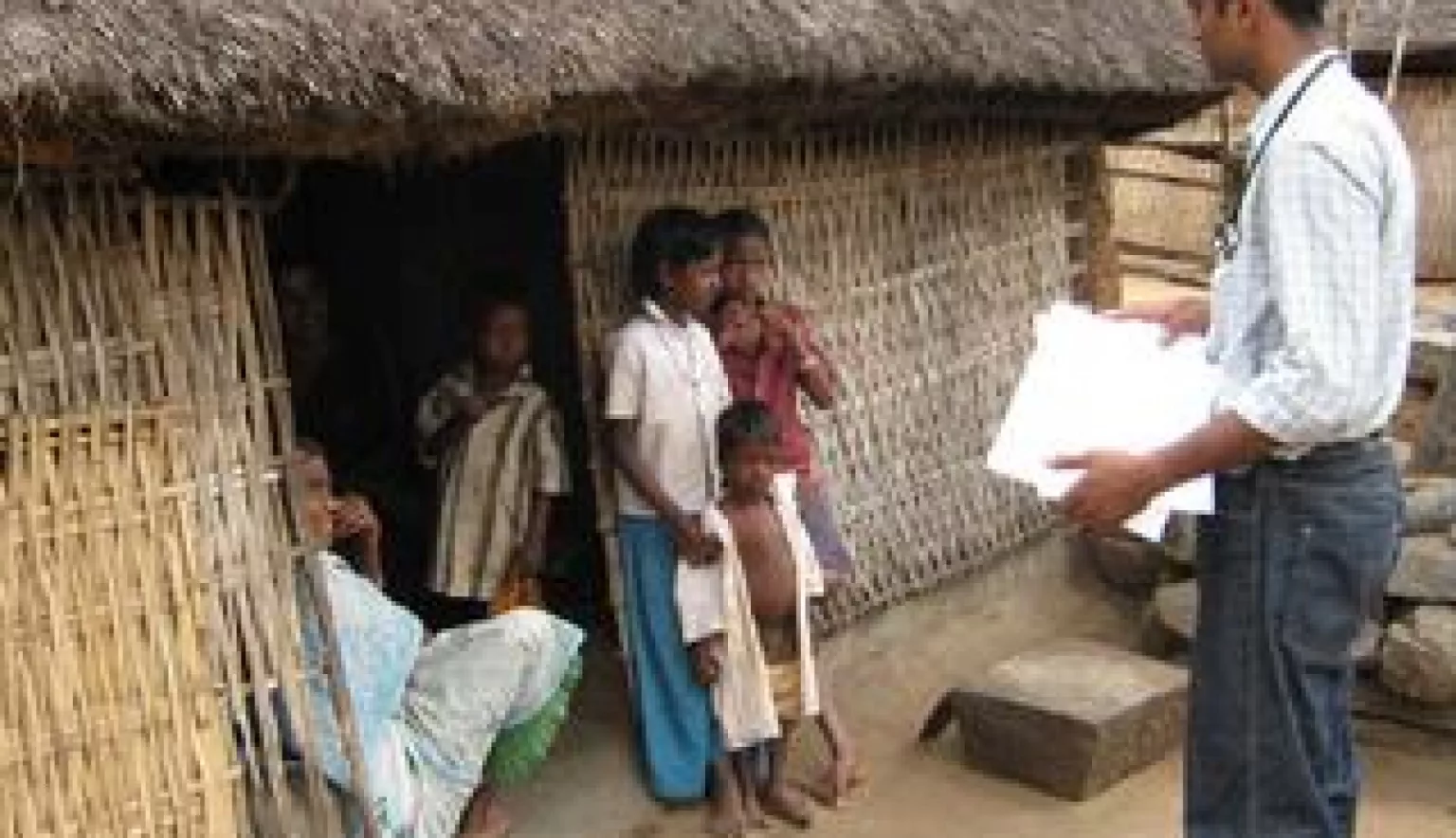Christian Medical College Vellore (CMC Hospital Vellore) in Tamil Nadu, South India is a large Christian missionary healthcare organization. It has 8,500 staff, including 1,500 doctors and 2,500 other medical staff, as well as legions of administrative and support staff. They treat over 7,000 outpatients and over 2,600 inpatients. It’s a massive operation, but its roots are relatively humble, going back 114 years to the turn of the 20th century.
MAKING A DIFFERENCE
The hospital’s director, Dr. Sunil Chandy, tells us the story, “The Christian Medical College is a 114 year old institution started by a third generation American missionary, called Ida Scudder who responded to a dramatic experience she had, as a call of God towards the needs of the community here. After seeing the conditions of the women in this country she went to the US and trained as a doctor, then came back and started a clinic in 1900. It expanded to a 200 bed hospital by 1929. This hospital was not just a service unit but a teaching hospital and a medical school. It now has a nursing college with 100 nurses being trained a year and a whole array of healthcare courses.”
In the first two years since Scudder arrived back in India she treated over 5,000 patients, laying the foundations for a legacy that the college is continuing over a century later.
“We’re supported by a council of 60 protestant churches. It’s a not for profit charitable institution that provides comprehensive primary, secondary, tertiary and now quaternary care. The hospital also supports about 300 small mission hospitals spread all over the rural areas of India, providing expertise and man power in the form of trained doctors.” Chandy explains. “We have a strong emphasis on charity and a significant proportion of our budget is earmarked towards people below the poverty line, marginalised or people who cannot afford private hospitals.”
VALUES WE NEED
To provide the care that the Christian Medical College aims to, they need top medical talent on their side. However, being a charitable institution also means they cannot compete on salary determined by market forces. They need a certain special quality in their staff.
Chandy tells us, “The quality we look for is their commitment to our ideals and philosophy. People definitely don’t join us for the income. They know our salary is less than they will get elsewhere. They’re looking for a deeper level of fulfilment, the joy of teaching, of research, of good patient care, and that comes through at the recruitment interview. Our medical faculty are recruited through a process of advertisement in national dailies, followed by a process of interview, short listing, and offering the job. There is a probationary period of one, two or three years depending on the post, and then they are selected to the permanent faculty.”
CHANGING TIMES
Despite its charitable goals, the Christian Medical College is almost entirely self-funded, using a cross subsidy model by channelling margins from private care for those who cannot afford. However, the healthcare world is changing, both in terms of the cost of healthcare and the needs of their patients. CMC responds to this change without compromising on its core values.
“Our biggest challenge is to sustain our philosophy.” Chandy admits. “World over, healthcare has become more expensive, high tech and interventional. So we’re working hard to keep up while adhering to our mission of helping the poor. To do that, because we’re self sustaining and 90% of our income is from patients, we make sure we can provide excellent tertiary private care, the margins for which fund treatment for poorer people.”
It’s an important task, and the job is one that is constantly growing.
“Our numbers keep going up,” Chandy tells us. “Last year we had 6,500 patients a day, now we’re treating 7,000. This growing influx of patients shows the demand for our services is only escalating. Our income continues to grow, but so do our expenses. Our margins are slim, but that doesn’t worry us too much because that’s our core mission, to do as much as we can for the poor. For now, our growth and development is going well and we’re happy with the institution’s performance.”
“We’re seeing 9-10% growth a year, incorporating patient numbers and we’ve been on this campus since 1924 so the facilities are a bit overcrowded,” Chandy admits. “We’ve got plans to expand those facilities over the next five years and shift ourselves to another campus. It’s a reflection of the huge medical need in India, especially with the nature of disease itself changing from infections to lifestyle caused disorders, so we’re going through an epidemiological transition as well that we need to change to meet.”
However, even during changing times like these, there are some things that remain constant. It’s the values that this institution represents that makes it stand out from the crowd, and Chandy believes those values are needed now more than ever.
“We have a different paradigm from other healthcare providers. It’s not for profit, it’s charitable. This is our strong point. We strongly believe that this formula of cost effective, comprehensive healthcare is the best way forward at least for India if not for Asia. That we have lasted this long without having to change our vision and mission is a testament to the need for this model. There’s merit here you won’t find in the corporate healthcare model that’s aimed at making healthcare into a business. Healthcare and teaching cannot be a business, it must be service. The profit should be used to further healthcare, because we’re feeding on someone’s state of ill health. We would welcome all involved with healthcare delivery to taste this model and see the difference it can make to the world.”



































